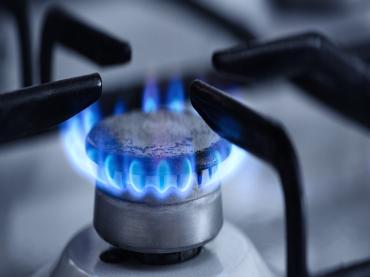State joins movement to save consumers money with energy-efficient lighting
Date:
Contact: Ben Somberg, 202-658-8129, bsomberg@aceee.org

Date:
Contact: Ben Somberg, 202-658-8129, bsomberg@aceee.org

Contact: Ben Somberg, 202-658-8129, bsomberg@aceee.org

Contact: Ben Somberg, 202-658-8129, bsomberg@aceee.org

Washington, DC—Large electric motors and household dishwashers would use less energy and cost less to run under Department of Energy (DOE) rules announced today.
Contact: Ben Somberg, 202-658-8129, bsomberg@aceee.org

Washington, DC—More than 20,000 individuals across the nation joined with health, consumer, and climate advocates today to urge the Department of Energy (DOE) to finalize proposed energy efficiency standards for stoves.
Contact: Ben Somberg, 202-658-8129, bsomberg@aceee.org

Contact: Ben Somberg, 202-658-8129, bsomberg@aceee.org


A blockbuster Bloomberg News article Wednesday appeared to uncover surprising news: recently proposed Department of Energy efficiency standards for stoves are “drawing fear from the industry that the regulation could effectively end the use of some products from the market.”
Contact: Mark Rodeffer, 202-507-4018, mrodeffer@aceee.org
